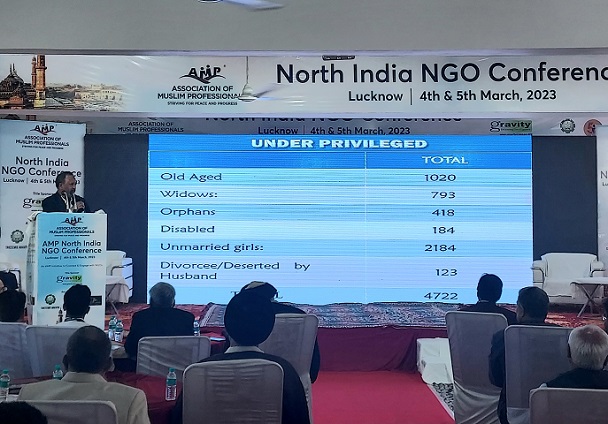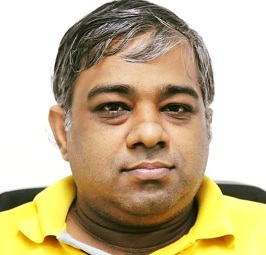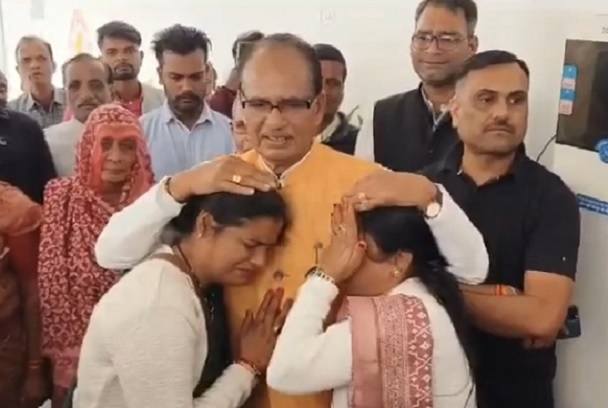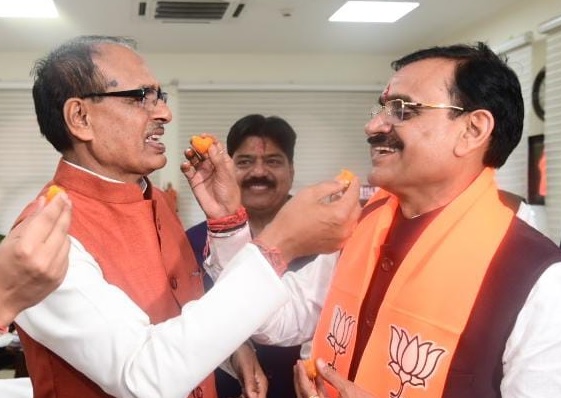Challenges for Indian Muslims and way to move ahead discussed in Lucknow conference

Shams Ur Rehman Alavi
NewsBits.in
LUCKNOW: Hundreds of delegates from all over the country joined heads for social, educational uplift of Indian Muslims.
The two day conference focused on ways to move forward as far as economic condition, education, employment of the poor among Muslims is concerned.
The conclave had leading personalities who not only gave examples about how certain projects have succeeded in cities and there is need to replicate them at other places.
The uniqueness of the event was that speakers talked about challenges facing Muslims as well as solutions and the different ways to deal with issues.
U Nisar Ahmad gave example that how Muslims living in poor settlements in cities suffer but the affluent Muslims in the same city are often unaware about the extreme lack of resources and plight of members of own community.
He said that God ordains us to work for orphans, widows, poor, ailing and needy. If you don't do, prayers may not be accepted. Citing Holy Quran, he later told audience about how identifying the needy and then ensuring that they get identification cards, registered in government schemes so that they could get free treatment or other health facilities that are needed.
He said that data is collected, maintained and then assistance provided but volunteers are needed who can at least give their time for a cause like collection and obtaining information so that each area is covered in every city.
Farooque Siddiqui said that organisations need to connect and coordinate, work for people and country. He said that they should collaborate as it gives stimulus. Siddiqui said that AMP held job fair all over India in a day for placement in 120 cities and thousands got jobs.
Maulana Safi Haider gave an important address. He also told partcipanta about role of Tanzimul Makaatib. He said that among issues--lack of education, povwrty, unemployment, politucal situation and health issues, need is to get close to faith to understand how to benefit community and do charity.
"It is not that education alone will solve all issues. The educated ones take kidneys away and the educated ones make weapons". "Machine runs as per manual. Hence, we too need to follow our religious text".
"Unfortunately people feel amaama and sherwani are symbols of religious education. We have more respect for person's dress and clothing, and feel that a scholar or cleric would have a particular dress though it’s not necessary that if father us scholar, son would also be one.
He said that data collection was needed and children who are not getting education must be identified in bastis and they should be provided help so that they get education. Be a giver, donate and assist the needy, give loan if you have resources, bear expense of a poor child's education.
Aamir Edresy stressed on development and reforms as main objectives. He said that there was gap on socioeconomic level with respect to other communities and within our community too.
"If anyone has solution, let's replicate all over India. We have branches in 200 cities, big projects are being executed too". Highlighting the role and vision, he said that focus is on Education, Employment and Empowerment.
"In 15 yrs AMP has worked as a non political, non sectarian platform. We always stress on collaboration and coordination. We hold job fairs, skill development events and National Talent Search too. Frim 560 distts, 72000 students had applied", he added.
Edresy said that poverty must be overcome and tackled. Besides, people need to be made self sufficient. The scholars also said that time was ripe for internal reform, charity, focus on ensuring that schemes reach people.
AMP's USA head, Mohammad Shahanshah Ansari, informed audience that over 500 delegates were participating in thr event and nearly 150 districts were represented.
WHAT NEEDS TO BE DONE
It was said that mosque should serve as centre for an area and must have record of the needy, so that assiatance can be provided, after having data base.
For example, it must have info about seriously ailing poor, widows, orphans, children not going to school and disabled, divorcees as well as differently abled. The people who want to adopt a family for help or assistance, should get direct info about needy in the area.
Besides, the status of health of people in poor settlements, prevalence of any particular ailment should be known and focus must be there on ways to ensure that poor have BPL card, registered in health schemes and documents like disability certificate.
FOCUS ON SECURITY, SAFETY AND CREATING POLITICAL AWARENESS
Mohd Wazir Ansari, who was Indian Police Service (IPS) officer, made a different point after the conference sessions. In his view, Muslims should also talk about security and need to pay attention towards safety of community.
Ansari said that apart from education and employment, its high time we create awareness amongst us regarding social, political issues. "What's the plan to counter the forces that oppress and target weaker sections, Dalits, Tribals and Muslims?", said Ansari.
He said that the non-governmental organisations (NGOs), social welfare groups and Muslim ground level activists should focus on developmental work in those 90-odd districts where community is poor and more backward. "These are all major issues that must be addressed".










